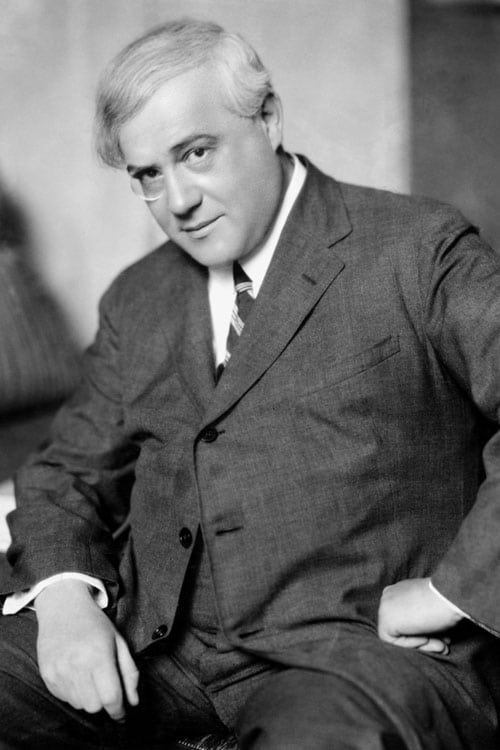
Ferenc Molnár
Birth : 1878-01-12, Budapest, Hungary (Austria-Hungary)
Death : 1952-04-01
History
From Wikipedia, the free encyclopedia.
Ferenc Molnár (originally Ferenc Neumann; 12 January 1878, in Budapest – 1 April 1952, in New York City) was a Hungarian dramatist and novelist. His Americanized name was Franz Molnar. He emigrated to the United States to escape the Nazi persecution of Hungarian Jews during World War II.
As a novelist, Molnár is remembered principally for The Paul Street Boys, the story of two rival gangs of youths in Budapest. The novel is a classic of youth literature, beloved in Hungary and abroad for its treatment of the themes of solidarity and self-sacrifice. It was ranked second in a poll of favorite books as part of the Hungarian version of Big Read in 2005 and has also been made into a film on several occasions. The most notable production was a Hungarian-U.S. collaboration released in 1969.
Molnár's most popular plays are Liliom (1909, tr. 1921), later adapted into the Rodgers and Hammerstein musical play Carousel (1945); The Guardsman (1910, tr. 1924), which served as the basis of the film of the same name (1931); and The Swan (1920, tr. 1922). His Hungarian film from 1918, The Devil , was later adapted for American audiences in 1921 and starring George Arliss in his first nationally released film. The 1956 film version of The Swan (which had been filmed twice before) was Grace Kelly's next to last movie, and was released on the day of her wedding to Prince Rainier.
Two of Molnar's other plays have been adapted for other media: The Good Fairy, was adapted by Preston Sturges and filmed in 1935 with Margaret Sullavan, and subsequently turned into the 1947 Deanna Durbin vehicle, I'll Be Yours. (It also served as the basis for the 1951 Broadway musical Make a Wish, with book by Sturges.) The film version of the operetta The Chocolate Soldier used the plot of Molnar's The Guardsman rather than the plot of its original stage version, which was based on George Bernard Shaw's Arms and the Man. (Shaw disliked the operetta adaptation of his work, and would not let his plot be used for the film version.)
Molnar's play Olympia was adapted for the movies twice - as His Glorious Night (1929 - the notorious talkie which allegedly ruined John Gilbert's career), and as A Breath of Scandal (1960), starring Sophia Loren. In 1961, Billy Wilder and I.A.L. Diamond turned Molnar's one-act play Egy, kettő, három into the film One, Two, Three starring James Cagney and Horst Buchholz.
Finally, Molnar's play The Play at the Castle has twice been adapted into English by writers of note: by P. G. Wodehouse as The Play's the Thing and by Tom Stoppard as Rough Crossing.
Description above from the Wikipedia article Ferenc Molnár, licensed under CC-BY-SA, full list of contributors on Wikipedia

Writer
Insulted when his screenwriter wife writes a leading role for a younger man, aging Broadway idol Fitz Wynn disguises himself as a handsome young Italian.
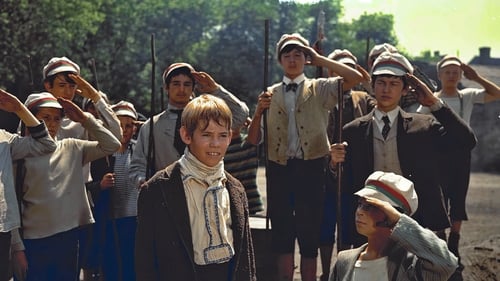
Novel
In Budapest, two rival gangs of young boys lay claim to a vacant lot. The hostilities escalate yet never quite boil over into actual violence. Just when things do get out of hand, however, the problem is "solved" by the city government, which takes over the lot for future development.

Writer
In a Maine coastal village toward the end of the 19th century, the swaggering, carefree carnival barker, Billy Bigelow, captivates and marries the naive millworker, Julie Jordan. Billy loses his job just as he learns that Julie is pregnant and, desperately intent upon providing a decent life for his family, he is coerced into being an accomplice to a robbery. Caught in the act and facing the certainty of prison, he takes his own life and is sent 'up there.' Billy is allowed to return to earth for one day fifteen years later, and he encounters the daughter he never knew. She is a lonely, friendless teenager, her father's reputation as a thief and bully having haunted her throughout her young life. How Billy instills in both the child and her mother a sense of hope and dignity is a dramatic testimony to the power of love.
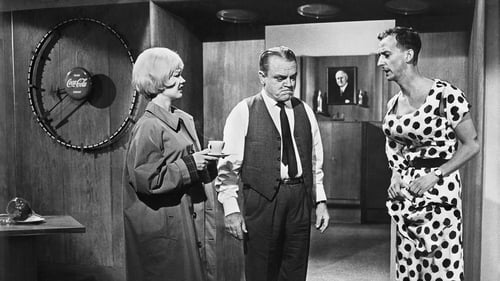
Theatre Play
C.R. MacNamara will do anything to get a promotion within the Coca-Cola company, including looking after boss W.P. Hazeltine's rebellious teenage daughter, Scarlett. When Scarlett visits Berlin, where C.R. is stationed, she reveals that she is married to a communist named Otto Piffl -- and C.R. recognizes that Otto's anti-establishment stance will clash with his boss's own political views, possibly jeopardizing his promotion.
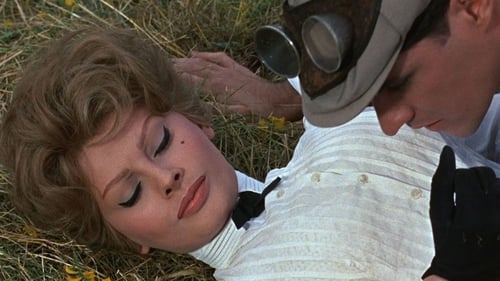
Theatre Play
A European princess jeopardizes her crown when she falls for an American millionaire.
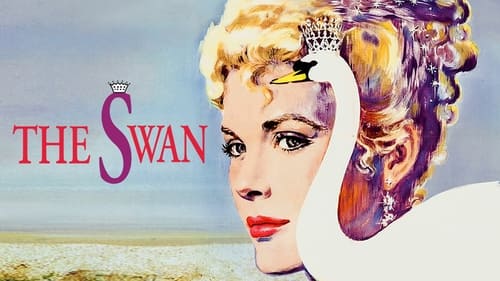
Theatre Play
Princess Beatrice's days of enjoying the regal life are numbered unless her only daughter, Princess Alexandra, makes a good impression on a distant cousin when he pays a surprise visit to their palace. Prince Albert has searched all over Europe for a bride and he's bored by the whole courtship routine. He is more interested in the estate's dairy than Alexandra's rose garden. And then he starts playing football with the tutor and Alexandra's brothers. Invite the tutor to the ball that night and watch how gracefully Alexandra dances with him.

Theatre Play
Billy Bigelow has been dead for 15 years. Now outside the pearly gates, he long ago waived his right to go back to Earth for a day. He has heard that there is a problem with his family: namely with his wife Julie Bigelow, née Jordan, and his child he hasn't met. He would now like to head back to Earth to assist in rectifying the problem; but before he may go, he has to get permission from the gatekeeper by telling him his story. Adapted from the Rodgers and Hammerstein hit Broadway musical.
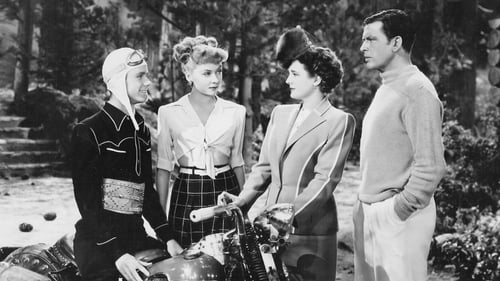
Theatre Play
Peter (Philip Dorn) and Delilah (Mary Astor) are a married couple running a roadside café in Nevada. Their stable partnership turns rocky, though, with the arrival of the sultry Sally (Gloria Grahame), a waitress who catches Peter's wandering eye. Delilah strikes back by hiring Sally's boyfriend (Marshall Thompson) as a waiter. Sally is initially dismissive of Peter's advances, but when he wins $40,000 in a lottery, she quickly pounces, turning on the charm and eyeing the easy life.

Writer
Ten screenwriters collaborated on this series of tales concerning the effect a tailcoat cursed by its tailor has on those who wear it. The video release features a W.C. Fields segment not included in the original theatrical release.
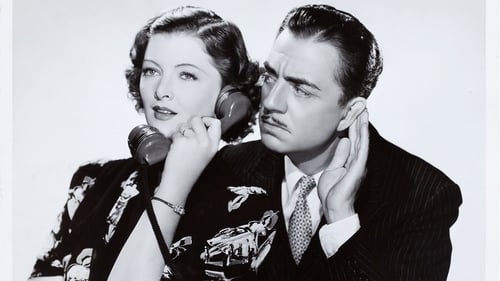
Theatre Play
A bohemian free spirit helps meek Waldo win back his fiancée and falls in love with her over-controlling sister in the process.
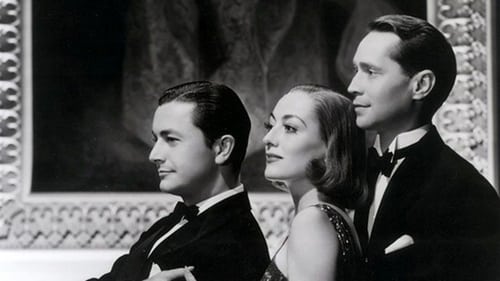
Theatre Play
A poor singer in a bar masquerades as a rich society woman thanks to a rich benefactor.
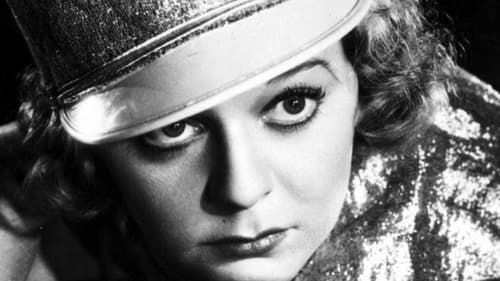
Theatre Play
In 1930s Budapest, naïve orphan Luisa Ginglebuscher becomes an usherette at the local movie house, determined to succeed in her first job by doing good deeds for others and maintaining her purity. Luisa's well-meaning lies get her caught between a lecherous businessman, Konrad, and a decent but confused doctor, Max Sporum. When Luisa convinces Konrad that she's married to Max, Konrad tries everything he can to get rid of the baffled doctor.
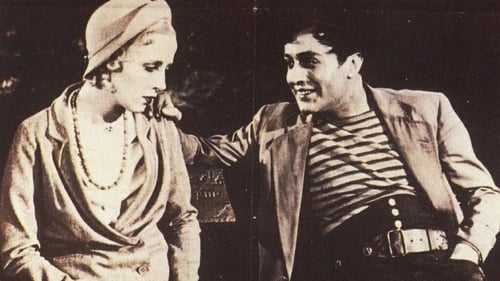
Writer
Two women love the same man in a world of few prospects. In Budapest, Liliom is a "public figure," a rascal who's a carousel barker, loved by the experienced merry-go-round owner and by a young, innocent maid. The maid, Julie, loses her job after going out with Liliom; he's fired by his jealous employer for going out with Julie. The two lovers move in with Julie's aunt; unemployment emasculates him and a local weasel tempts him with crime. Julie, now wan, is true to Liliom even in his bad temper. Meanwhile, a stolid widower, a carpenter, wants to marry Julie. Is there any future on this earth for Julie and Liliom, whose love is passionate rather than ideal?
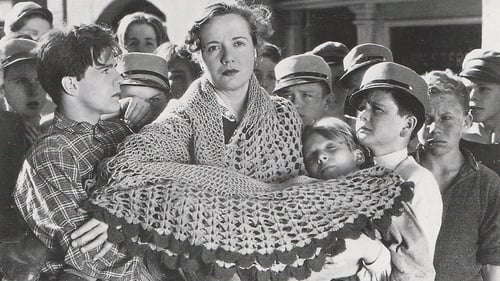
Novel
A frail boy fights to win acceptance from the leader of a street gang.
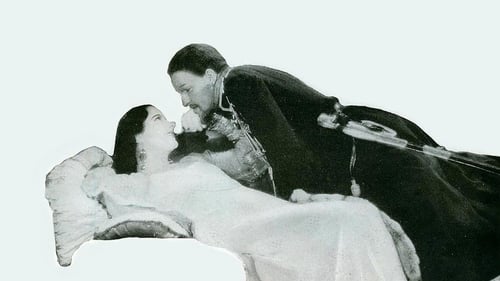
Theatre Play
An acclaimed actor and his equally acclaimed actress wife, who have been married for less than a year, are already showing signs of strain in their marriage. The actor believes his wife is capable of infidelity and sets out to prove this is so. Disguising himself as the kind of man he believes she fancies (a Russian military officer), the actor woos his wife while she believes her husband to be out of town.

Theatre Play
Theodor Shall is cast as handsome Lieutenant Kovacs, the sweetheart of the lovely Princess Olympia. When the princess' snooty mother breaks up the romance, the embittered Kovacs threatens to tell the world that he has "ruined" the girl (not true!), making her unfit for marriage. To ensure his silence, the Lieutenant is promised a night alone with Olympia, just before the wedding. It is at this point that Kovacs proves he's a gentleman after all by marrying the Princess, which is what he intended to do all along.

Writer
Spanish version of the MGM romance, His Glorious Night: in the old Austro-Hungarian empire, a princess rejects her arranged marriage and loves, instead, a dashing cavalry captain.

Theatre Play
A carousel barker falls in love with a young woman. Both are fired from their jobs, and when the young woman becomes pregnant, the carousel barker tries to help pull off a robbery, which goes wrong. Because of the robbery, he dies, and after spending time in hell, is sent back to earth for one day to try to make amends.
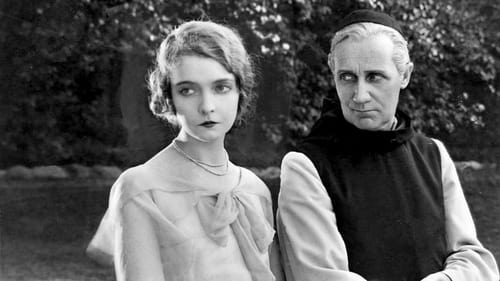
Theatre Play
A princess is forced to choose between a charming tutor and a rakish prince.

Novel
Prisoners was released as a part-talking, part-silent feature. An Austrian showgirl working in a cabaret moonlights as a thief. When she is caught in the act, a young lawyer offers to defend her. Unfortunately, he loses the case, causing her to spend several months in jail. Fortunately, the two have fallen in love, and he promises to wait for her.

Writer
a silent movie by Robert Wiene
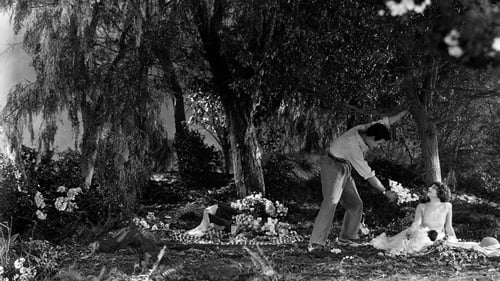
Drnskaqrsk
A home movie version of the Dumas play. A young woman becomes a courtesan and tragedy befalls her. Appearances are made by many socialites of 1920s Paris and New York.
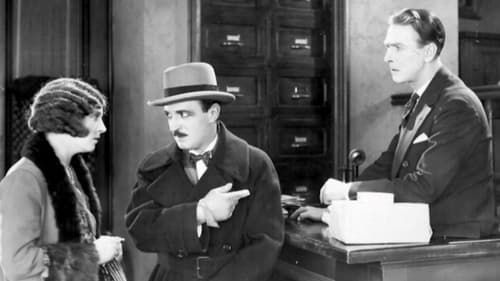
Writer
The owner of a London clothing store is driven out of business, but later makes a triumphant return.
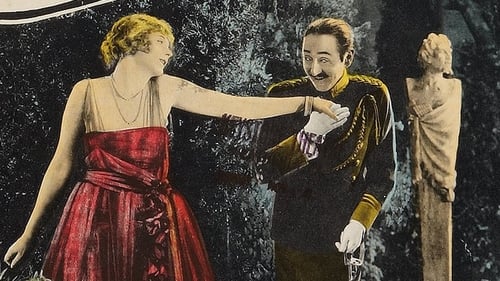
Story
The Swan (1925) is a silent film produced by Famous Players-Lasky and distributed by Paramount Pictures. The film is based on Melville Baker's 1923 Broadway play adaptation, The Swan, of Ferenc Molnar's play A Hattyu Vigjatek Harom Felvonasbarn. This film was directed by Dimitri Buchowetzki, a recent Russian immigrant working for Famous Players-Lasky. Buchowetzki had directed pictures in Russia, Sweden, and Germany. The story of this film was remade in 1930 as One Romantic Night, an early talkie for Lillian Gish, and in Technicolor as a 1956 vehicle for Grace Kelly.

Novel
A couple of boy gangs in Budapest constantly fight over the neighborhood turf.

Author
Dr. Muller, a friend to all, finds pleasure in turning the goodness in people to evil ends. He meets Marie Matin and her fiancée, Georges Roben, while viewing a new painting, "The Martyr--Truth Crucified by Evil." Marie declares that the picture was wrong--evil could never triumph over truth--and though Muller says he agrees with her, he plots to prove otherwise.

Writer
The devil has arrived in Amsterdam, hell-bent on bombarding a poor girl, a wealthy banker and a young painter with great misfortune. This film is presumed lost.

Story

Novel

Theatre Play
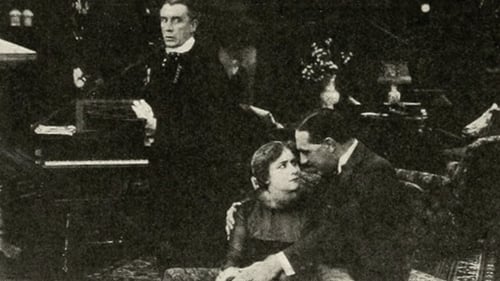
Theatre Play
The Devil, in the guise of a human, meets a young couple who remark upon looking at a Renaissance painting of a martyr that Evil could never triumph over Good. The Devil, taking this as a challenge, decides to bring about the couple's downfall.

Writer
Goldigger is about the California Gold Rush. Xarkrow, the lead character, leaves his home in Fortanska, a fictional city in Hungary, to go to California to dig for gold in the hills of the Sierra Nevada. While there he strikes it rich with great gold. This causes a female loan shark named Ygretta Roselettokopf of San Francisco to try to seduce him for his money.






















